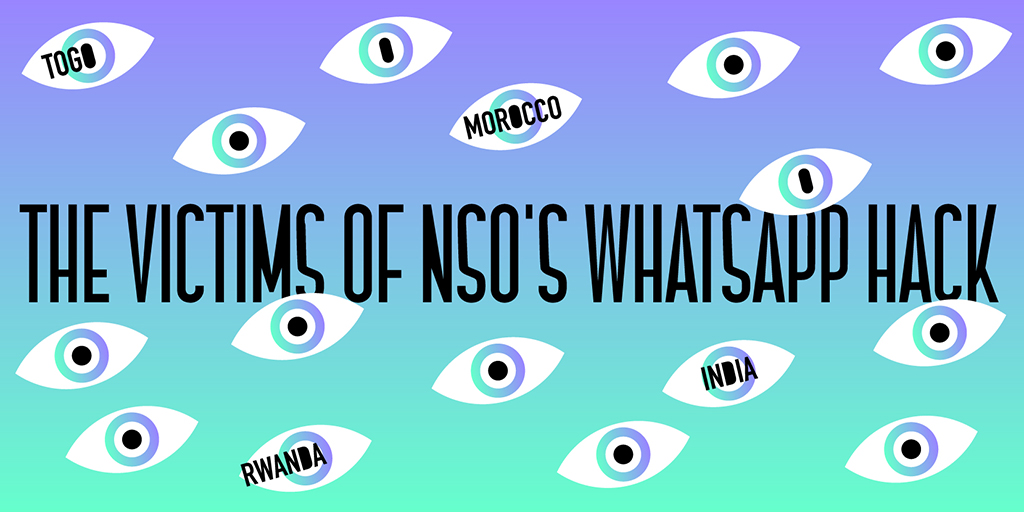Today, January 7, Access Now, along with seven other human rights organizations, filed a reply to NSO Group’s opposition to the coalition’s amicus brief in the case of WhatsApp v. NSO in the U.S. Federal 9th Circuit Court. In their opposition, NSO argued that the court should reject the brief on the grounds that it duplicates other amici briefs and introduces allegedly impermissible facts about NSO and its customers.
In reply, Access Now argues that the brief meets the Federal Rules of Procedure for amicus briefs and is distinct from all other submitted briefs as it presents the Court with the unique context and legal perspective. Most importantly, it provides the court with valuable perspective of the civil society actors targeted by NSO’s spyware and the grave consequences that unlawful extra-judicial surveillance has on human rights activists around the world.
“It is not a coincidence that NSO has singled out our brief to oppose based on what they claim are ‘unverified assertions,’” said Natalia Krapiva, Tech-Legal Counsel at Access Now. “They do not want the court to hear from Access Now and our partners because we have played a key role in unearthing and reporting on major NSO surveillance abuses in Morocco, Mexico, and beyond. They do not want the court to hear the personal stories of the Pegasus victims because of how compelling they are, because they contradict NSO’s story that their spyware only targets criminals.”
In the lawsuit, WhatsApp and its parent company Facebook are suing NSO for using WhatsApp’s servers to deliver Pegasus spyware to the devices of 1,400 users in violation of, among others, the U.S. Computer Fraud and Abuse Act (CFAA) and California Comprehensive Data Access and Fraud Act.
“There’s one thing that NSO gets right in opposing our amicus brief, namely that academics, civil society advocates, and even tech companies believe its business practices run counter to rights-respecting governance and democratic values,” said Peter Micek, General Counsel at Access Now. “Rather than disqualifying our brief, our agreement that NSO Group must be held accountable bolsters the argument that victims’ narratives and news reporting, cross-checked and verified by major media and research institutions, across continents, tell stories relevant to this proceeding.”
Seven U.S. tech companies, led by Microsoft; the Electronic Frontier Foundation; professor at the University of California, Irvine School of Law and former United Nations Special Rapporteur on freedom of opinion and expression, David Kaye; and three professors from Columbia University School of Law, University of California, Davis School of Law, and the University of California, Hastings College of the Law (the brief that NSO also opposed), have also filed their briefs in support of WhatsApp, proposing different arguments as to why NSO should not evade accountability in U.S. courts under the doctrine of sovereign immunity.
“NSO’s opposition to our amicus fits into NSO’s pattern of dismissing, discrediting, and silencing civil society and victims,” said Danna Ingleton, Co-Director of Amnesty Tech at Amnesty International. “It is consistent with their playbook of impeding transparency and evading accountability, which we have seen reinforced in jurisdictions such as Israel with gag orders and media bans. This is why it is imperative that the court accept our amicus brief and consider the voices of the victims of unlawful surveillance fighting for accountability.”
The amici thank Kyle McLorg, Stephanie Skaff, and Deepak Gupta from Farella Braun + Martel LLP for their pro bono legal assistance in this case.
